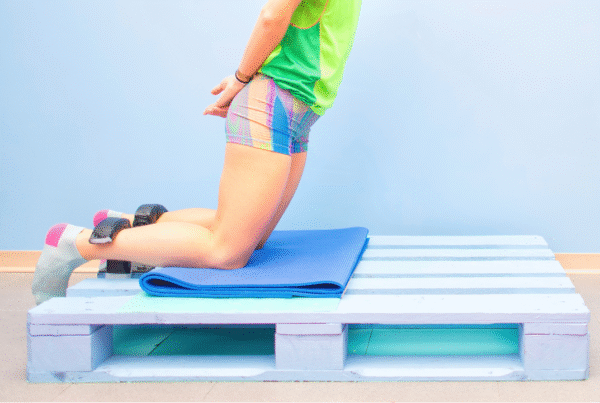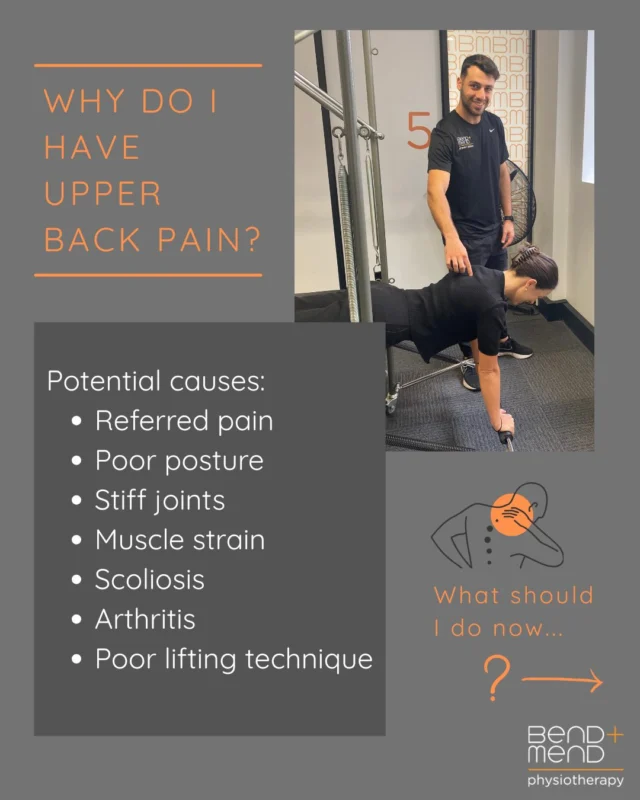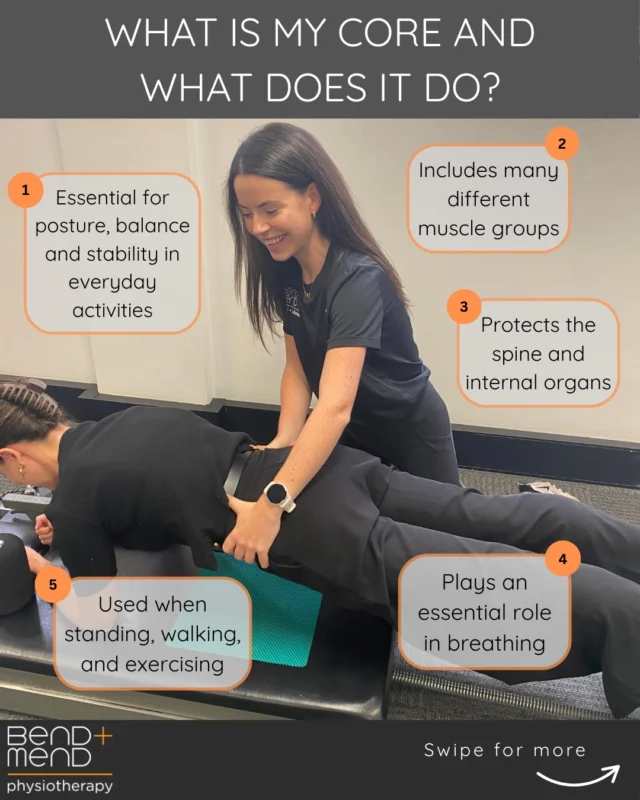There is a strong and proven link between regular physical activity and the maintenance of cognitive brain function. There are a vast number of positive effects on the brain due to exercise.[1] A few examples of these include:
- Improved connections in the brain
- Plasticity and ability to learn new skills
- Growing number of nerve cells
- Brain volume
Exercise is also important in the prevention and delay of dementia related illness in older populations. Studies show that regular exercise can reduce the risk of developing dementia by 30%, and for Alzheimer’s disease specifically the risk is reduced by 45%.
The five behaviours that were assessed included:
- Not smoking
- Moderate alcohol consumption
- Healthy body weight
- Healthy diet
- Exercise
Exercise had the greatest effect with regards to reducing an individual’s risk of developing dementia and improves the outcomes of adults performances on cognitive function tests. Clinical trials have demonstrated that a month or more of regular aerobic exercise result in improvements in memory retention, attention and processing speed when compared to adults who did not complete regular aerobic exercise.
So, if we know that exercise is good for our brains health as we age– is there a better type or intensity of physical activity we should be participating in?
Several studies have highlighted the positive effects of aerobic exercise on the ageing brain.
Aerobic exercise commonly refers to exercise that uses large muscle groups, lasts for 30-45 minutes and works predominantly the cardiovascular system. This includes jogging, walking, swimming, and cycling with mild- moderate intensity.[2]
However, it is proven that all forms of exercise are beneficial. More so than what kind, regular participation in any exercise or physical activity will continue to not only keep the body strong and healthy, but also the mind.
References:
[1] Cabral, D.F., Rice, J., Morris, T.P. et al. Exercise for Brain Health: An Investigation into the Underlying Mechanisms Guided by Dose. Neurotherapeutics 16, 580–599 (2019).
[2] Alty J, Farrow M, Lawler K. (2020). Exercise and dementia prevention. Practical Neurology 20:234-240.





